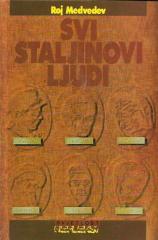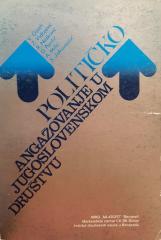
Historijat novih ljevica u Europi (1956-1978)
The book analyzes the ideological, political and social aspects of these movements and their impact on traditional left parties, as well as the wider political and cultural context. The author traces the development of the New Left chronologically, starting with their roots in the political, social and cultural movements that marked Europe after the Second World War.
Teodori points out that the new lefts arose as a reaction to the stagnation and institutionalization of traditional social democratic and communist parties. The emergence of the new left is closely related to youth movements, feminism, anti-colonial struggles and anti-imperialism.
The book analyzes in detail key events such as the student protests of 1968 in France, Germany and Italy. The movements were characterized by criticism of capitalism, authoritarianism and consumerism, but also by opposition to the Soviet model of communism.
The New Left was not a single movement, but a conglomeration of different ideas: from Marxism and anarchism to environmental and cultural radicalism.
Teodori emphasizes the role of the New Left in shaping the cultural revolution - promoting freedom of expression, gender equality, sexual rights and opposition to militarism. It looks at the influence of the New Left on art, literature and intellectual discourse.
"History of the New Left in Europe" provides a comprehensive overview of one of the key political phenomena of the 20th century. Teodori explores how these movements shaped not only politics, but also the culture, social relations and intellectual history of Europe.
One copy is available
- Slight damage to the cover





